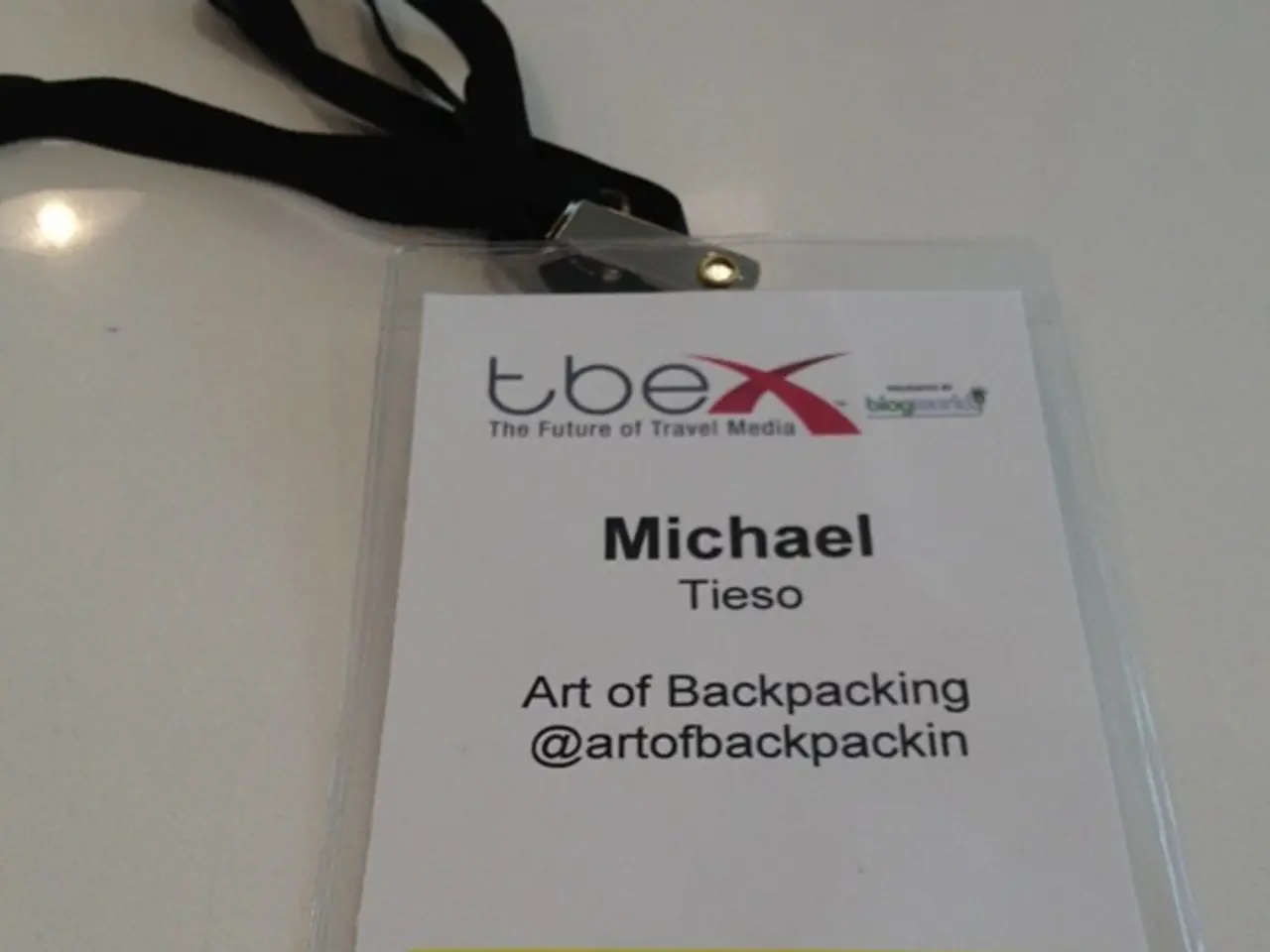Has the authenticity of travel been overshadowed by the demand for picture-perfect scenes on social media?
Traveling has evolved in the digital age, with social media playing a significant role in shaping our wanderlust and influencing where we go and what we do. However, this transformation comes with its own set of benefits and drawbacks.
The Positive Aspects
For younger travelers, particularly those from Generation Z, social media platforms like Instagram, TikTok, and YouTube have promoted authentic, personalized, and story-driven travel. These platforms encourage the sharing and seeking of unique local experiences, such as cooking classes, coffee farm tours, or off-the-beaten-path activities, that reflect personal interests rather than mass-market tourism.
Social media also serves as a valuable research tool, allowing travelers to discover lesser-known destinations and plan trips tailored to their desires. Around 27% of travelers report making their initial travel decisions based on social media posts, demonstrating its role in inspiring genuine exploration.
Travel companies have also leveraged social media for enhanced customer engagement and real-time feedback, providing more customized services aligned with travelers' authenticity preferences.
The Negative Impact
Among affluent travelers, social media's role in promoting "Instagram-ready" or visually consistent luxury travel experiences has led to criticism of homogenization. This 'copy and paste' effect diminishes the sense of authentic, unique luxury travel, causing "destination disillusionment."
Social media-driven tourism can contribute to over-tourism, environmental degradation, and a loss of uniqueness in some popular spots as travelers flock to locations made trendy through viral posts, potentially undermining authenticity.
Wealthy travelers express frustration with travel experiences influenced by social media algorithms rather than local, organic encounters. Many seek to escape the pressure to post and prefer discovering destinations through local, non-Instagrammable tips that enhance authenticity.
A Balanced Approach
Social media acts as a double-edged sword for authentic travel experiences. It empowers travelers to seek and share genuine, personalized adventures aligned with their values and identities. However, it can also drive a trend toward formulaic, visually curated travel that undermines uniqueness, especially in luxury markets.
The overall impact depends on the traveler’s goals and how social media is used—as a tool for inspiration and connection or as a driver for superficial trends. It's crucial to remember that travel is about visiting another city or country to enjoy their food, culture, tradition, way of living, but the latest trendy places are often stripped of their deeper context.
It's important to consider what's beyond the frame: the story behind a temple or marketplace, the people who live there, and how tourism has affected their lives. The best travel stories often include wrong turns, unexpected kindness, and laughter in places where you didn't speak the language.
The rise of reels, curated grids, and travel influencers has made aesthetics a major part of the travel conversation. However, it's okay not to post everything, as some special moments are meant to be personal. Social media trends are causing destinations to change to meet expectations, leading to loss of local authenticity.
Therefore, it's essential to travel more intentionally, focusing on stories about people, learning, history, and unforgettable moments instead of just capturing them for social media. Respect for the place, its traditions, and the sentiments of the locals should be prioritized, as no content or moment of fun is worth hurting someone's culture or crossing a line. Skipping overly curated spots and finding local spots, talking to people, and learning about their stories is encouraged.
In conclusion, while social media significantly shapes authentic travel experiences, it's crucial to maintain a balance between seeking unique, personalized adventures and avoiding the trap of formulaic, visually curated travel. After all, filters fade, but real memories last forever, so it's important to leave behind the craze for social media aesthetics and bring back the soul of travel.
- Social media platforms, like Instagram, TikTok, and YouTube, have been instrumental in promoting unique and personalized travel experiences for younger generations, encouraging them to seek out local activities that align with their interests.
- However, an over-reliance on social media algorithms can lead to a loss of local authenticity, as travelers may prioritize visually appealing destinations over genuine, organic encounters, causing concern among some travelers who seek to escape the pressure to post and enjoy the true essence of travel culture.




